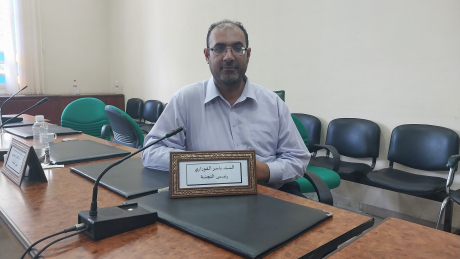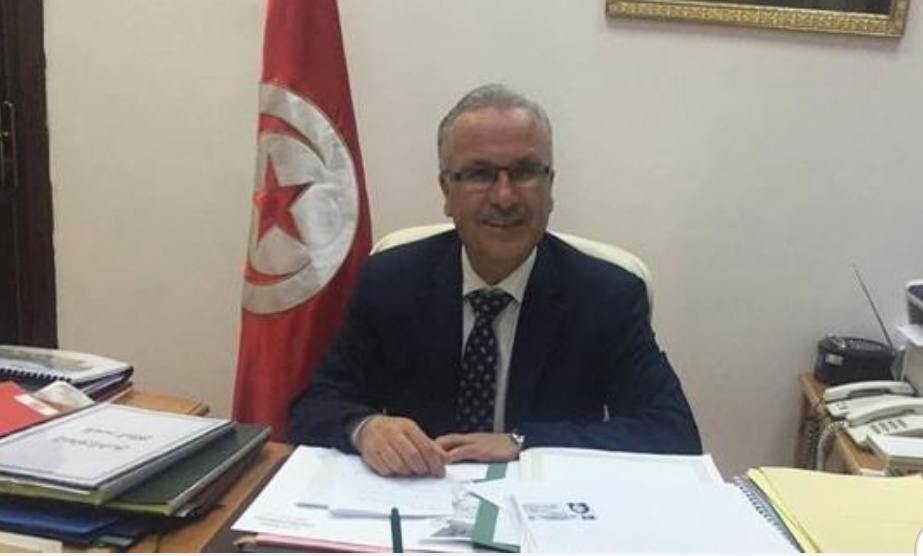
As Tunisia grapples with rising waste generation, coupled with increasing energy demands, an innovative yet underutilized solution is gaining traction: the transformation of waste into energy. This concept, known as Waste-to-Energy (WtE), involves converting waste materials, particularly organic waste, into valuable energy sources through processes like anaerobic digestion (methanization) and incineration. For Tunisia, a country facing growing waste management problems, WtE offers a potential win-win—addressing waste disposal issues while generating sustainable energy. However, the path to effectively harnessing waste for energy is fraught with both technical and political challenges
Growing Waste Problem in Tunisia
In recent years, Tunisia has faced a growing waste crisis. Rapid urbanization, population growth, and a shift towards a consumer-driven society have led to an increase in waste generation, particularly in urban centers like Tunis and Sfax. According to recent reports, Tunisia produces over 2 million tons of waste annually, with a significant portion of it being organic. Yet, a substantial amount of this waste remains poorly managed, leading to illegal dumping, unsanitary conditions, and environmental pollution. While the country’s waste management infrastructure has improved over the years, it is still far from being able to cope with the growing demands of its population
The potential for waste-to-energy solutions in Tunisia is vast. The country’s agricultural sector generates large amounts of organic waste, while its cities produce significant quantities of municipal solid waste. The question, however, is not whether Tunisia has the resources to tap into this potential but rather whether the country has the infrastructure, regulatory framework, and political will to do so
Current and Proposed Waste-to-Energy Projects
Several waste-to-energy initiatives are currently being explored or have already been launched in Tunisia. The Greater Tunis region, home to nearly 2 million people, is particularly keen on adopting WtE solutions to tackle its waste management challenges. One of the more notable projects is the El Ghazala Waste Treatment Center, which processes municipal solid waste and generates energy through anaerobic digestion, a process in which organic waste is broken down by microorganisms in the absence of oxygen to produce biogas. This biogas is then used to generate electricity and heat
In addition to biogas production, incineration remains another method being considered for energy recovery from waste. Incineration involves burning waste at high temperatures to produce steam, which can be used to generate electricity. Tunisia’s government, through the Ministry of Local Affairs and Environment, has expressed interest in expanding waste incineration capacity in the coming years. However, this approach has raised concerns due to the environmental impact of emissions and the limited capacity to address waste reduction at source
Furthermore, Tunisia is also looking to valorize agricultural waste, such as olive residues, by converting them into bioenergy. Olive cultivation is a key industry in Tunisia, and the large volumes of waste generated in olive oil production present an opportunity for energy generation. The Tunisia Solar Plan, which aims to increase renewable energy capacity, includes projects that look at waste-to-energy solutions alongside solar and wind power
Benefits and Challenges of Anaerobic Digestion and Incineration
While waste-to-energy projects have promising benefits, they also come with challenges. One of the primary advantages of anaerobic digestion is its ability to handle organic waste, producing biogas that can be used as a clean, renewable energy source. It also has the added benefit of reducing the environmental impact of landfills, which can release harmful greenhouse gases, including methane, into the atmosphere. Moreover, it can help manage agricultural residues, improving the overall sustainability of Tunisia’s farming sector
However, there are also significant obstacles to scaling up anaerobic digestion. First, there is a lack of technical expertise and infrastructure for large-scale implementation. Biogas facilities require sophisticated equipment for waste processing, and many rural areas lack the resources to build and maintain these systems. Furthermore, the cost of setting up anaerobic digestion facilities can be high, making it challenging to attract private investment without strong government support
Incineration, on the other hand, can handle a wide range of waste materials, including non-organic waste, and is capable of producing large amounts of energy. However, it comes with significant environmental and health concerns. The burning of waste can release toxic substances, such as dioxins and heavy metals, into the air, which can negatively impact public health and the environment. Furthermore, incineration does little to promote waste reduction at source or recycling, meaning it does not address the root causes of the waste crisis
Another challenge with incineration is the cost of technology. The construction and operation of incineration plants require substantial investment, and many of these plants are often not economically viable without long-term government subsidies or external financing. The high upfront costs also make it difficult for Tunisia to commit to such projects without a clear financial return on investment
Role of Local Authorities and Private Sector
The success of waste-to-energy projects in Tunisia depends heavily on the involvement of both local authorities and private companies. Local governments, particularly in urban areas, need to ensure that waste is properly sorted and collected, as WtE technologies require clean, uncontaminated waste. Without effective waste separation at the source, these technologies may become less efficient and more costly to operate
Moreover, the private sector plays a crucial role in financing and managing WtE projects. Tunisia’s renewable energy policies, which aim to reduce the country’s dependency on fossil fuels, have created an environment where private companies can invest in waste-to-energy infrastructure. However, to foster this investment, there needs to be a clear, stable regulatory framework, as well as incentives for businesses to engage in waste-to-energy projects
Raising Awareness and Changing Attitudes
One of the key hurdles to successfully implementing waste-to-energy projects in Tunisia is public awareness. Despite the growing challenges of waste management, many Tunisians remain unaware of the potential benefits of waste-to-energy solutions. In rural areas, where waste management infrastructure is limited, people are still accustomed to simply dumping waste or burning it in open spaces
To overcome these challenges, public education campaigns are essential. These campaigns should focus not only on the benefits of WtE but also on the importance of reducing waste at the source, recycling, and properly sorting organic waste for biogas production. Changing behaviors will require a cultural shift toward viewing waste not as a nuisance but as a valuable resource that can contribute to Tunisia’s energy independence and environmental sustainability
Looking Ahead: A Circular Economy Vision
As Tunisia looks toward a future with more sustainable energy solutions, waste-to-energy represents a promising pathway—if the country can overcome the associated challenges. By investing in technology, fostering partnerships between the public and private sectors, and raising awareness about the importance of sustainable waste management, Tunisia can turn its growing waste problem into an opportunity to generate clean energy
With the right approach, waste-to-energy can become a cornerstone of Tunisia’s broader circular economy, where waste is no longer seen as a burden but as an integral part of a sustainable and self-sufficient system. Tunisia’s experience could offer valuable lessons to other countries in the region facing similar waste management and energy challenges, proving that innovation and sustainability can go hand-in-hand in solving the most pressing environmental issues
Malek Chouchi




